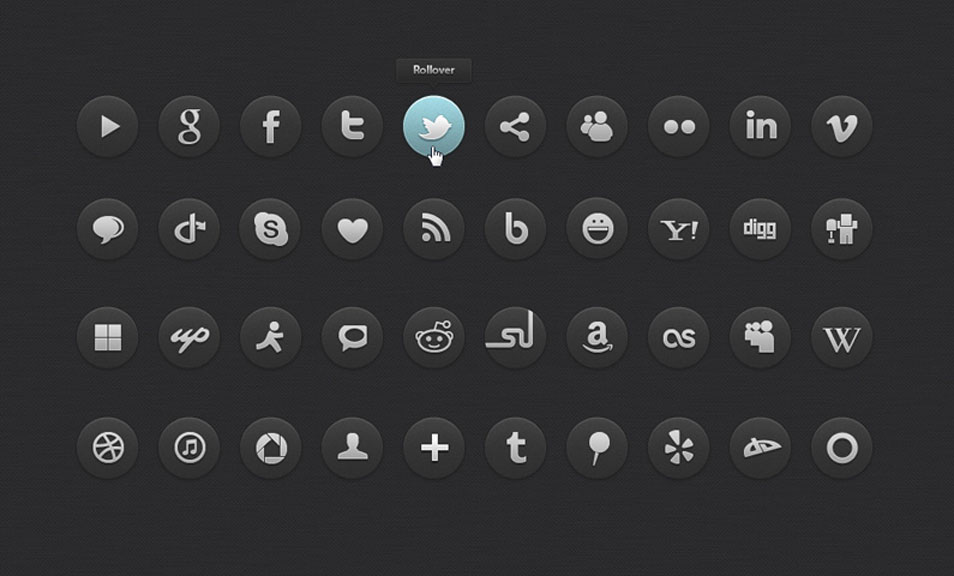 Real estate as an industry has become reliant on data to measure, inform and predict the factors that impact business. Much of one dataset, however, is lost, unable to be gathered by conventional analytics: untraceable online referral traffic, or “dark social.”
Real estate as an industry has become reliant on data to measure, inform and predict the factors that impact business. Much of one dataset, however, is lost, unable to be gathered by conventional analytics: untraceable online referral traffic, or “dark social.”
Dark social activity is any form of private online sharing, such as email, instant messaging and text messaging, including within apps like Facebook Messenger and Snapchat. It’s the share that occurs without a trace—the link to the interesting RISMedia article copied, pasted and emailed to a colleague. These types of shares rarely contain tracking technology, keeping businesses in the dark as to not only where their referral traffic is coming from, but also how their content is resonating with consumers.
It’s estimated that these un-tracked shares comprise the majority of all online sharing activity—84 percent, according to findings by advertising platform RadiumOne. Homeownership-related information, importantly, is often shared in the dark—65 percent of real estate content and 42 percent of home-related content, the research revealed.
Why is this important? More and more, homeownership-related decisions are being made as a result of online social influences—in fact, a recent report by Facebook, Harvard and NYU demonstrates the homeownership experiences of our Facebook friends precede our own. Dark social data provide invaluable foresight for real estate professionals to align their advertising efforts, better identify leads, and widen their prospect pools.
Capturing these data is possible. One of the simplest methods is simplified links—URLs that have been shortened through platforms like Bit.ly or Goo.gl. Clicks on these links, dark or otherwise, can be tracked through the platform on which they were shortened, then compared to data compiled in an analytics system. Redouble that effort by branding the content—this ensures dark shares “trace” back to the real estate professional or firm they originated from. RISMedia’s Automated Content Engagement (ACE), for instance, automatically posts content to social media, with the content on a webpage branded to the real estate professional. Dark shares of the posts direct back to that webpage, effectively introducing or reinforcing the services of that professional to the recipients of those shares.
Another method is to insert a traceable “Read More” link that appears at the end of content that is copied and pasted—many websites, especially publishers, implement this technique. There are other work-arounds, as well, some more complicated than others.
As the real estate industry makes strides in data collection and interpretation, dark shares—the majority of all shares and a considerable source of referral traffic—are not to be overlooked. Dark social sharing data, however they’re gathered, shine a light on the information necessary for real estate businesses to plan for the future.








Are we allow to use these/this type of information from you RIS media?? like cut and paste?? is we have it coming from you
???? !!!
Hi David! Please do share! We prefer that you use the social sharing buttons, however. You can see them at the very top of the post starting with the mini Facebook icon. If you hover over/click the + sign, it gives you more options, such as printing, emailing, etc!
Thanks for reading!